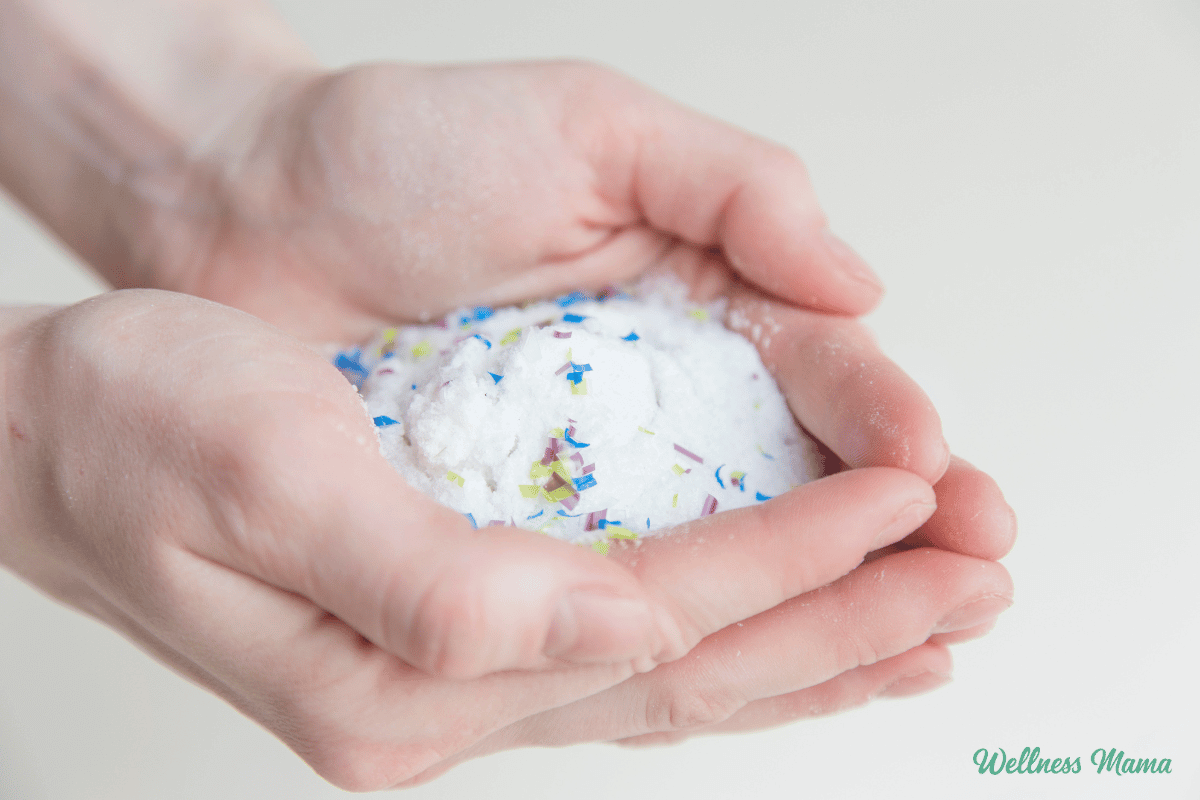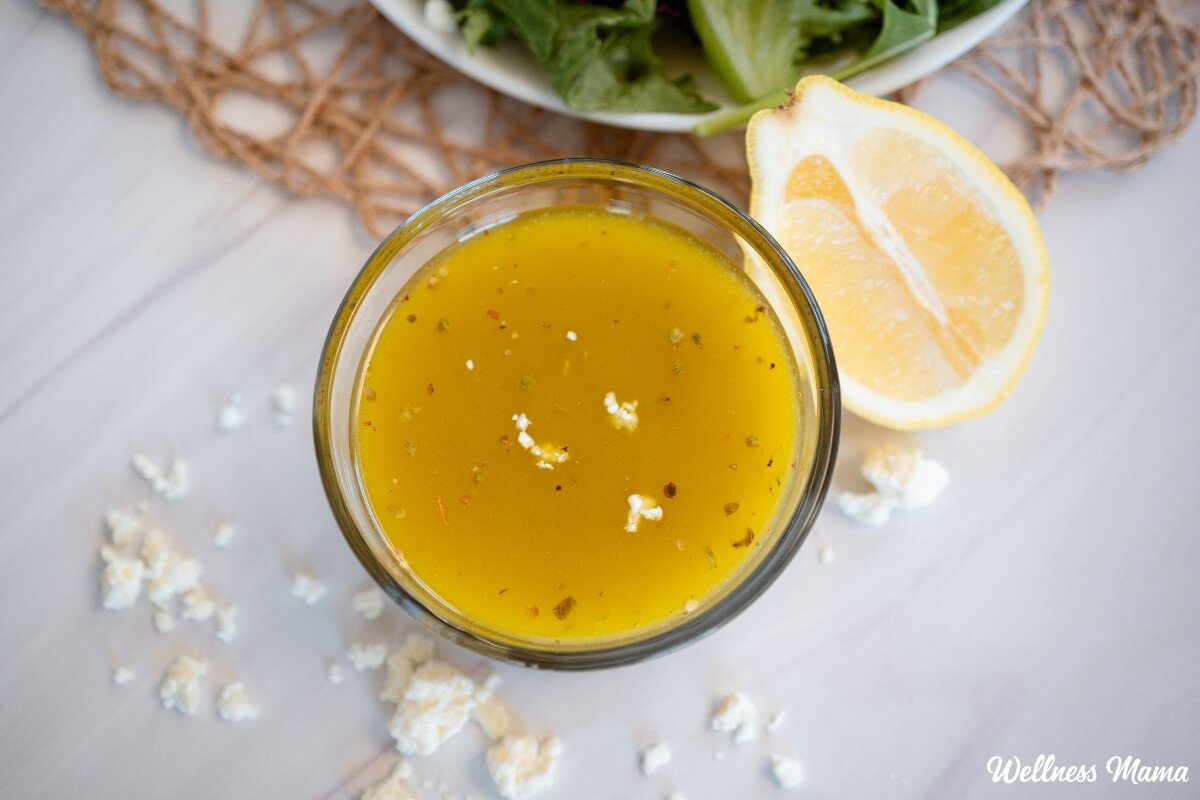I’ve been practicing oil pulling with coconut oil for a long time. I learned about the benefits of oil pulling years ago, such as its potential to reverse tooth decay and help remineralize and whiten teeth. Since I started, I’ve definitely noticed a reduction in plaque and an improvement in my dental health. Recently, I found some articles online questioning oil pulling and whether it could be hazardous.
Here’s what I’ve discovered about oil pulling, along with its advantages and drawbacks for overall health.
What is Coconut Oil Pulling?
Oil pulling is an age-old technique originating from Ayurvedic medicine, which is the traditional medical practice of India. It has been used for a long time to support oral hygiene and general wellness by removing harmful bacteria and minimizing plaque.
The method entails swishing a tablespoon of oil in your mouth on an empty stomach for 5 to 20 minutes and then spitting it out. The phrase “oil pulling” refers to the action of moving oil through the teeth, which works like a washing machine to break down plaque while cleaning the teeth.
The traditional Indian oral care practices often use sesame oil. However, any variety of cold-pressed edible oil can be effective. Popular choices include olive oil, sunflower oil, and coconut oil. Coconut oil is probably the most pleasant-tasting option!
Coconut oil might also be the most effective. It has a high “saponification index,” which means it can interact with saliva to create a kind of soap. This natural sudsing action helps diminish plaque and cleanse the teeth.
Benefits of Oil Pulling
Why do people opt for coconut oil pulling? It provides numerous oral health benefits, such as reducing plaque, lessening the severity of gingivitis, and minimizing tooth decay. It also has the potential to whiten teeth and address bad breath.
Oil pulling’s ability to reduce plaque could improve gum health, helping individuals avoid gum disease. A 2009 study highlighted that oil pulling aided in alleviating plaque-induced gingivitis. This is crucial because gingivitis can progress into periodontitis, a more severe gum disease that can result in tooth and bone loss.
Oil pulling might also help tackle persistent bad breath. A study involving 60 hostel students compared oil pulling to chlorhexidine, a prescription mouthwash, and found oil pulling equally effective at reducing bad breath.
Coconut oil might be more beneficial than other oils for dental health due to its lauric acid, an antimicrobial compound that combats harmful bacteria associated with tooth decay, notably Streptococcus mutans.
What Do Dentists Say?
The American Dental Association (ADA) does not endorse oil pulling owing to insufficient scientific evidence to prove its benefits for oral health. They acknowledge that oil pulling might help remove debris from the teeth, but believe its reported benefits are largely anecdotal or based on studies with limitations.
Nevertheless, certain studies do suggest promise. For instance, oil pulling has been shown to help manage gingivitis and bad breath, and scientific backing is gradually building—though not fully convincing yet.
Critics of the ADA argue that their recommendations for fluoride treatments and mercury fillings may not always align with optimal patient health. However, as more research is conducted on oil pulling, its efficacy may receive broader acceptance.
Coconut Oil Pulling Side Effects
While generally regarded as safe, there are potential side effects of using coconut oil for oil pulling. Fortunately, serious side effects are rare.
Upset Stomach
The taste and texture of coconut oil may leave some individuals feeling nauseous, especially if it is accidentally swallowed. Additionally, using too much oil initially can lead to nausea. It’s advisable to start with just one teaspoon and gradually work up to a tablespoon. Begin with durations of 5 to 10 minutes, rather than 15 to 20.
Jaw Soreness
Extended swishing (10 to 20 minutes) can lead to fatigue or discomfort in the jaw muscles, especially for those who grind their teeth or have TMJ issues. To prevent this, start swishing for 5 to 10 minutes instead of 15 to 20, and avoid clenching or swishing too forcefully. Over time, your jaw muscles will become stronger and more resilient.
Allergic Reactions
Though rare, some individuals may have an allergy to coconut oil. Symptoms could include irritation, itching, or swelling in the mouth, tongue, or throat. Skin reactions, such as rashes or hives around the mouth, may also occur.
Discontinue oil pulling immediately if you notice any allergy symptoms. Rinse your mouth with water and seek medical advice if necessary. Use an alternative oil like sesame or sunflower if you have a coconut allergy.
Lipoid (Lipid) Pneumonia
Inhaling oil unintentionally while swishing could irritate the lungs or cause an infection like lipoid pneumonia. Although rare, it is possible if oil is inhaled rather than spat out. Of those with lipoid pneumonia, 40% may experience mild or no symptoms. It mainly becomes dangerous if the oil is particularly bacteria-laden.
To decrease this risk, sit upright during oil pulling and use only a small amount of oil. Swish gently before spitting it out. While rare, lipoid pneumonia can happen due to improper technique. Avoid swishing too forcefully to minimize this risk.
It’s important to acknowledge that oil pulling should never replace dental treatment if you have an infection or periodontal disease. It’s also crucial to maintain good oral hygiene habits like brushing, flossing, and attending regular dental appointments. So, don’t forego your toothbrush!
My Thoughts on Coconut Oil Pulling Dangers
Conditions such as lipoid pneumonia are extremely uncommon when oil pulling is done correctly. Coconut oil pulling is a safe oral care routine, but it should supplement the consistent use of high-quality (fluoride-free) toothpaste and mouthwash. However, individuals with coconut allergies or dental concerns should speak to their dentist before starting.
Interested in trying coconut oil pulling? Here’s a reliable brand to consider. You can also enhance your routine with a healthy mouth blend for additional oral health benefits.
Have you tried using coconut oil for oil pulling? Do you consider it risky, and have you experienced any negative effects? Let us know!

















Leave a Reply